A conversation with Edward Cowie
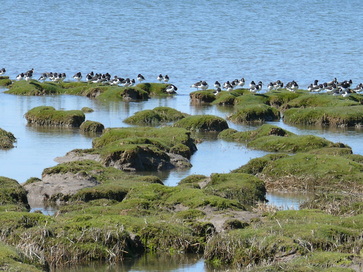 Hest Bank photo: Laurence Rose
Hest Bank photo: Laurence Rose
One of my fellow ornithologists was Edward Cowie, then Associate Professor of Composition at the University of Lancaster, where I had just enrolled as an undergraduate in biology.
From then until Edward’s move to take up an academic post in Australia in 1983, we would encounter each other at bird club meetings, in the field and at concerts. Our conversations were most often about birds, but sometimes about music.
As for Hest Bank, it was to be the inspiration for an early but already characteristic Cowie piece – an eponymous movement from his Gesangbuch, a cycle of virtuosic choral works written for the BBC Singers. Cowie’s Hest Bank captures in sound a rippling, surging, swirling, murmuring, flowing and ebbing of vast flocks of knot, dunlin and other waders; of water, surf and flotsam; of light and of landscape.
One of the things I like about being a composer is it always takes me somewhere strange
“One of the things I like about being a composer is it always takes me somewhere strange. I don’t know how I will react but I know it will be the whole interlocking tapestry that will impress me: the sky, the flatness, the wetness.”
He knows enough about what to expect to have decided how he intends to work. One of the main outputs from the trip will be Okavango Nocturne. It will be the second in a cycle of orchestral works with the overarching title Earth Music. The first was Great Barrier Reef, commissioned by the BBC Proms and premiered there last year.
I remark that his search for some special magic in the Okavango is characteristic, something he has been doing for years in the wild places of the world. He agrees and explains that in Australia he often spent long periods alone in wild areas, contemplating and exploring nature and the sonic and visual experiences it affords. He describes an evening sitting at the edge of a cliff overlooking the King Valley in Victoria.
“Just as the light finally dipped towards an inky darkness, several male lyrebirds began to sing in a series of interlocking but combative ensemble performances”. He was captivated by the sounds, but also by the whole experience: the changing light as dusk falls; tracing wisps of smoke that perforate the forest canopy, the valley landscape enclosing this world of sound and atmosphere.
The result of that experience was one of his best-loved pieces, Lyre Bird Motet (2003), written for the BBC Singers. A return trip to Australia a few years ago led to a companion piece, Bell Bird Motet, premiered in 2011 by the BBC Singers at the festival Earth Music Bristol which Edward founded.
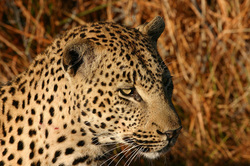 photo: Luca Galuzzi www.galuzzi.it
photo: Luca Galuzzi www.galuzzi.it
We return to the calmer waters of the Okavango and Edward reveals plans for another Botswana project - researching big cats for a piece for clarinet quintet.
“I recently got to know [British clarinettist] Julian Bliss and have been bowled over by his playing – it’s great to hear someone so young display a totally unmediated love of sound” he enthuses, "and it turns out Julian is seriously keen on wildlife. I’m writing a clarinet quintet for him, so I asked him what subject he’d like me to focus on and he immediately said ‘big cats’. So the piece will be called Big Cats.
“I have millions of reasons to compose music, and they are mainly, if not totally, found within the way the natural world works.”
Laurence Rose
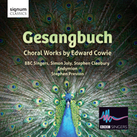
Gesangbuch: choral works by Edward Cowie is available on Signum Classics and includes Hest Bank from the Gesangbuch cycle, Lyre Bird Motet and Bell Bird Motet.
Edward and Heather Cowie's paintings will be exhibited at Gavagan Art, Settle, North Yorkshire between 11 October and 8 November. |
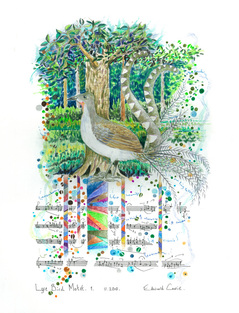
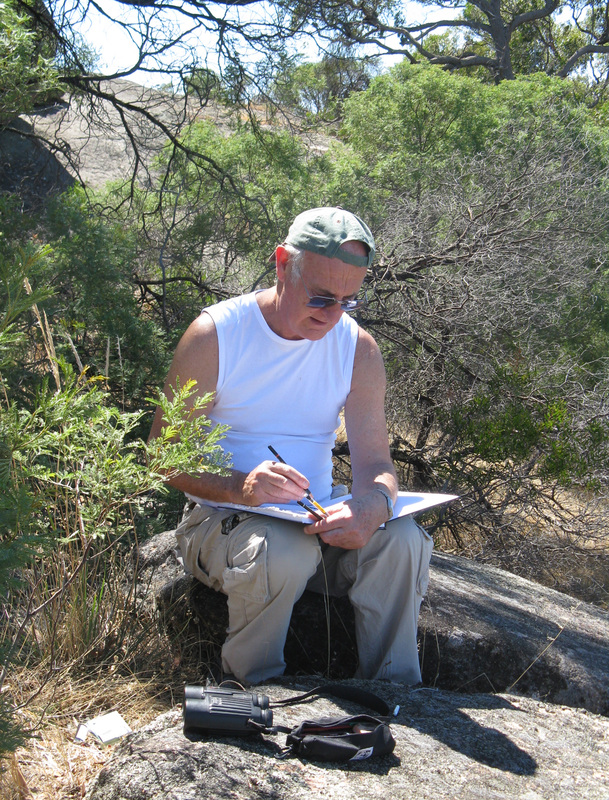
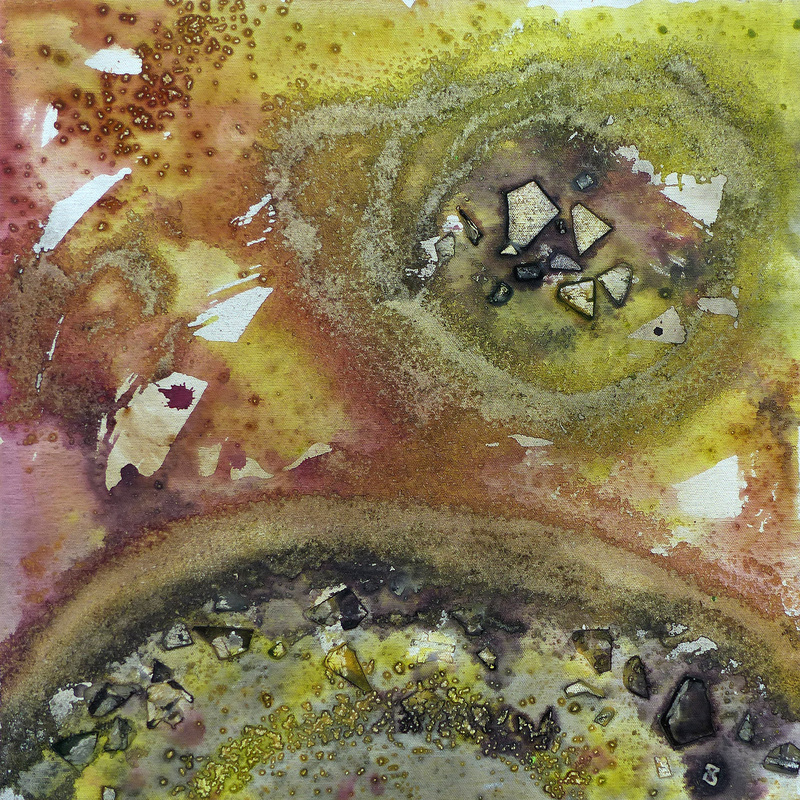
 RSS Feed
RSS Feed
